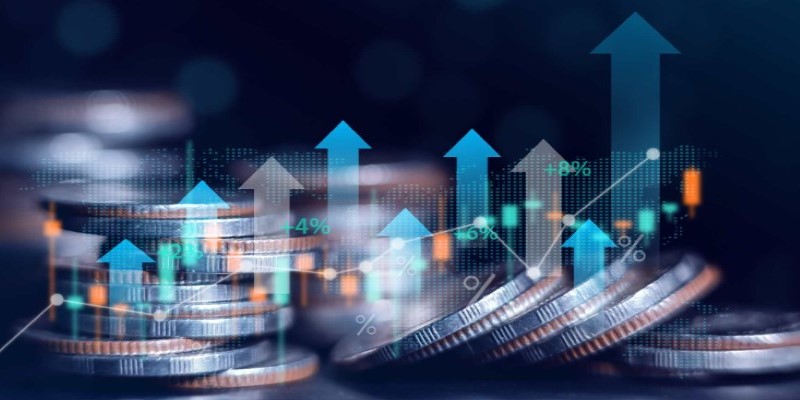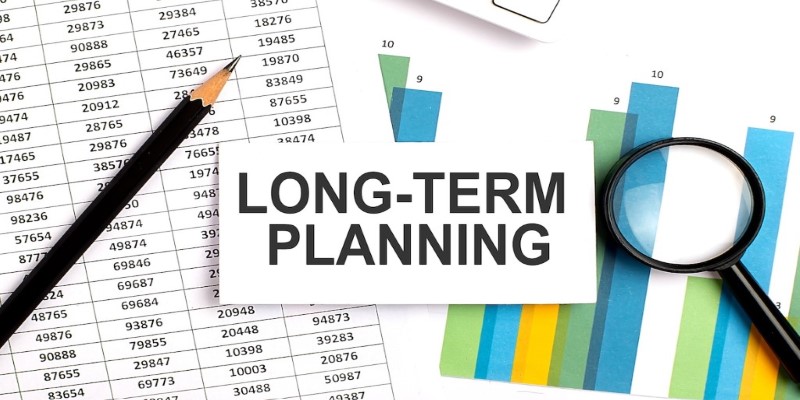How Inflation Is Impacting Personal Finance Decisions
Inflation has become a common topic in financial discussions, especially in recent years, as global economies have faced fluctuating rates. The rising cost of goods and services affects how individuals manage their money, save for the future, and make significant purchases. Understanding the implications of inflation on personal finance can help people make more informed decisions about their financial health. This article delves into how inflation impacts personal finance decisions, offering insights on budgeting, saving, investing, and planning for the future.
Understanding Inflation And Its Current Context
Inflation is the rate at which the general level of prices for goods and services rises, eroding purchasing power. This year, inflation remains a concern for many households as prices for essentials like food, housing, and transportation continue to climb. This persistent inflation affects not just the cost of living but also the broader economic landscape, influencing interest rates, wage growth, and consumer spending patterns. As inflation rises, consumers find that their money doesn't stretch as far as it once did, prompting them to reconsider their financial priorities.
Adjusting Budgets For Rising Costs
One of the most immediate impacts of inflation is on personal budgets. With prices increasing, many people must revisit their monthly expenses and adjust. This might mean cutting back on discretionary spending, such as dining out or entertainment, to accommodate higher costs for essential items. For some, inflation has prompted a shift towards more budget-friendly options, like cooking at home instead of eating out or diligently seeking sales and discounts.

In addition to re-evaluating spending habits, many individuals also focus on maintaining an emergency fund. Inflation can create unexpected financial pressures, making it crucial to have savings set aside for unforeseen expenses. A solid emergency fund can cushion during economic uncertainty, allowing individuals to manage their finances more effectively when prices are volatile.
Saving Strategies In An Inflationary Environment
Saving money in an environment characterized by rising inflation can be challenging. Traditional savings accounts often do not offer interest rates that keep pace with inflation, meaning the actual value of savings can decline over time. As a result, many individuals are seeking alternative savings vehicles that provide better returns. High-yield savings accounts and certificates of deposit (CDs) are becoming more popular as they offer higher interest rates than standard savings accounts.

Investing is another avenue people are exploring to combat inflation's effects. Stocks, real estate, and commodities can be potential hedges against inflation. Historically, assets like real estate have appreciated over time, often outpacing inflation rates. For those who can tolerate higher risks, investing in stocks or mutual funds can provide growth opportunities, especially in industries that typically perform well during inflationary periods, such as consumer staples or utilities.
The Importance Of Debt Management
Inflation can also affect how individuals approach debt management. Rising interest rates often accompany inflation, making borrowers' loans more expensive. This reality highlights the importance of managing existing debt, especially variable-rate loans, which can see interest rates increase. Many individuals are focusing on paying down high-interest debt more aggressively, as this can help mitigate the financial strain caused by inflation.

Moreover, those considering new loans, such as mortgages or car loans, should weigh their options carefully. Fixed-rate loans can provide stability, ensuring monthly payments remain consistent despite inflation. This predictability can be especially valuable in uncertain economic times.
Adjusting Investment Strategies
For investors, inflation presents both challenges and opportunities. As inflation erodes the purchasing power of cash, many investors are reassessing their portfolios to include assets likely to perform well during inflationary periods. Commodities like gold and oil often see price increases during inflation, leading some investors to diversify their holdings accordingly.

Furthermore, inflation can impact stock market performance, as rising costs can squeeze company profit margins. This situation may increase market volatility, prompting investors to adopt a more cautious approach. For some, this might mean reallocating assets towards sectors that are historically more resilient to inflation or focusing on companies with strong pricing power, allowing them to pass costs onto consumers without sacrificing demand.
Long-Term Financial Planning In An Inflationary Landscape
When planning for the long term, individuals must consider the impact of inflation on their financial goals. Retirement planning is particularly affected, as the cost of living will likely increase over time. To account for inflation, people are advised to save more aggressively and invest in growth-oriented assets that can outpace inflation over their investment horizon.

Additionally, those nearing retirement should be mindful of how inflation could affect their savings. A fixed income during retirement may not suffice if inflation significantly raises living costs. As a result, many retirees are exploring ways to supplement their income, such as part-time work or income-generating investments.
Financial Literacy And Adaptation
Understanding the effects of inflation on personal finance decisions underscores the importance of financial literacy. As individuals become more informed about economic trends, they are better equipped to adapt their monetary strategies. This knowledge can empower people to make proactive choices, such as seeking investment opportunities that align with their goals or adjusting their budgets in response to changing prices.
Furthermore, access to reliable financial resources and education is crucial in helping individuals navigate an inflationary environment. Financial advisors, online courses, and community workshops can provide valuable information on managing money effectively in the face of rising costs. By enhancing financial literacy, individuals can feel more confident in their decisions, ultimately leading to better economic outcomes.
Conclusion
Inflation's impact on personal finance decisions is significant and multifaceted. As prices continue rising, individuals must adapt their budgets, savings strategies, and investment approaches to maintain financial stability. While inflation poses challenges, it also offers opportunities for those willing to reassess their financial plans and make informed decisions. By prioritizing financial literacy and understanding the current economic landscape, individuals can navigate the complexities of inflation and work towards achieving their financial goals. In a world where prices constantly change, staying informed and adaptable is essential for long-term economic success.





